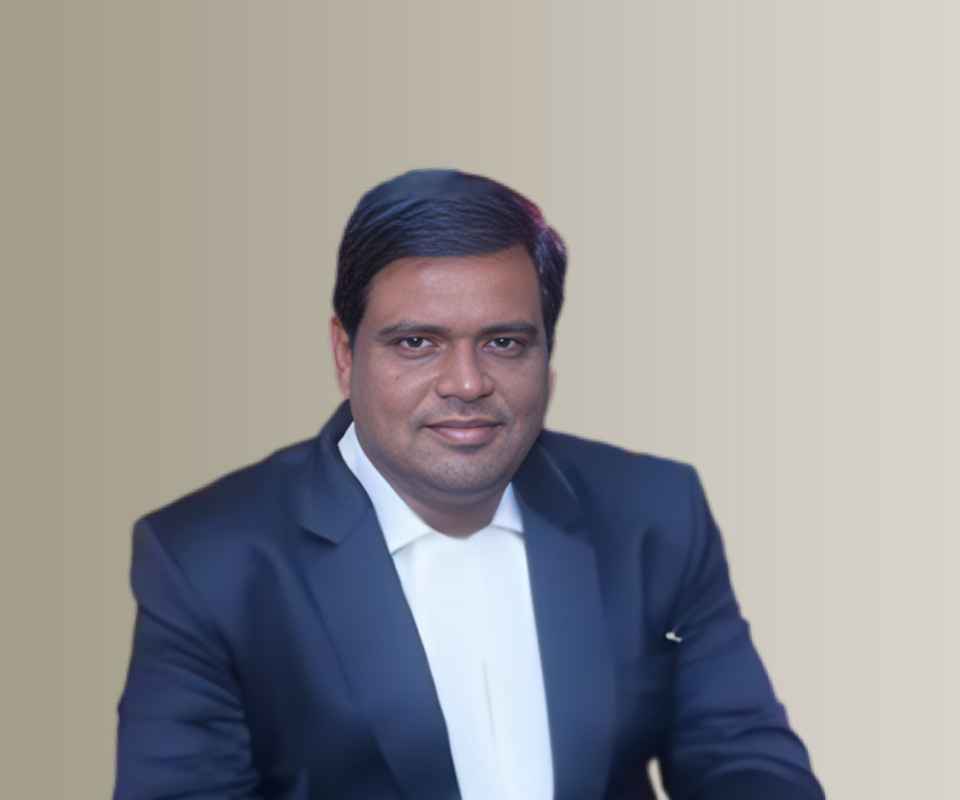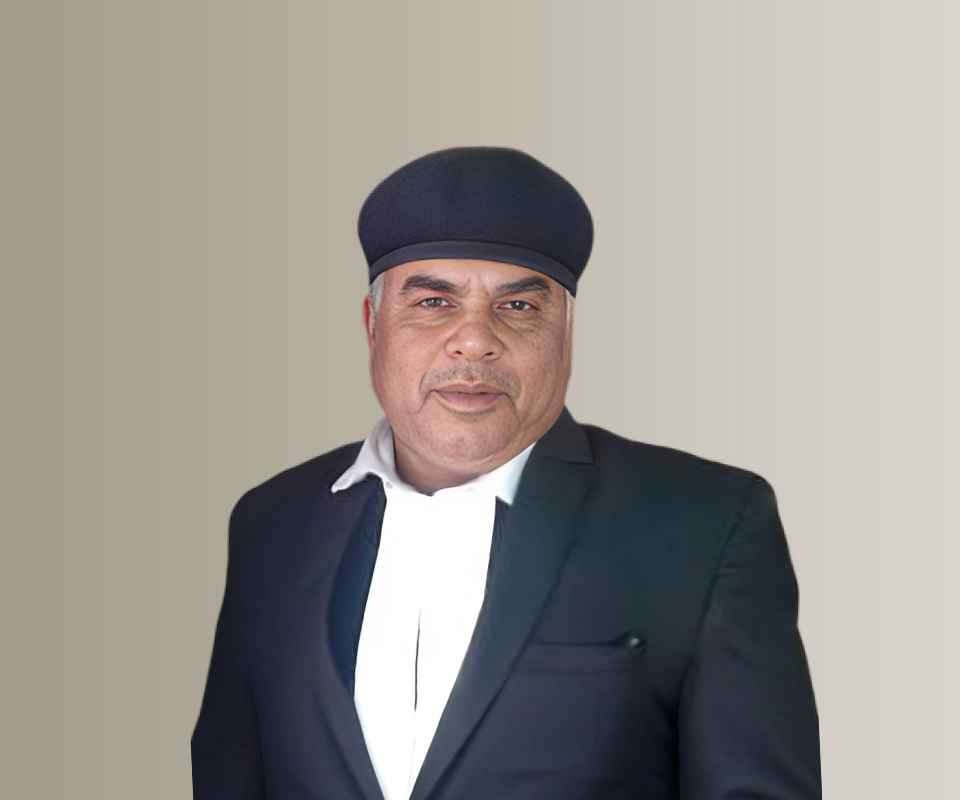Answer By law4u team
Bharatiya Nagarik Suraksha Sanhita, 2023 - Section 351: Power to Examine the Accused
(1) In every inquiry or trial, for the purpose of enabling the accused personally to explain any circumstances appearing in the evidence against him, the Court—
- (a) may at any stage, without previously warning the accused put such questions to him as the Court considers necessary;
- (b) shall, after the witnesses for the prosecution have been examined and before he is called on for his defence, question him generally on the case:
Provided that in a summon-case, where the Court has dispensed with the personal attendance of the accused, it may also dispense with his examination under clause (b).
(2) No oath shall be administered to the accused when he is examined under sub-section (1).
(3) The accused shall not render himself liable to punishment by refusing to answer such questions, or by giving false answers to them.
(4) The answers given by the accused may be taken into consideration in such inquiry or trial, and put in evidence for or against him in any other inquiry into, or trial for, any other offence which such answers may tend to show he has committed.
(5) The Court may take help of Prosecutor and Defence Counsel in preparing relevant questions which are to be put to the accused and the Court may permit filing of written statement by the accused as sufficient compliance of this section.
Brief Detail
Section 351 of the Bharatiya Nagarik Suraksha Sanhita, 2023 outlines the procedures regarding the examination of the accused during an inquiry or trial. Key points include:
- The Court can question the accused at any stage and must question him after prosecution witnesses have been examined.
- No oath is required from the accused during this examination.
- The accused cannot be punished for refusing to answer or for providing false answers.
- Answers given may be used as evidence in other inquiries or trials.
- The Court can involve the Prosecutor and Defence Counsel in formulating questions, and allow written statements from the accused.
Question & Answers
What is the purpose of examining the accused?
To enable the accused to personally explain any circumstances appearing in the evidence against him.
At what stage can the Court question the accused?
The Court can question the accused at any stage, especially after the prosecution witnesses have been examined.
Is the accused required to take an oath during examination?
No, no oath shall be administered to the accused when examined under this section.
Can the accused be punished for refusing to answer questions?
No, the accused shall not render himself liable to punishment for refusing to answer or for giving false answers.
How can the answers given by the accused be used?
The answers may be taken into consideration in the current inquiry or trial and may be used as evidence in any other inquiry or trial related to other offences.
Can the Court involve legal counsel in the questioning process?
Yes, the Court may take help from the Prosecutor and Defence Counsel in preparing relevant questions.
Example
- Scenario: During a trial, the Court questions the accused about discrepancies in witness testimonies.
- Outcome: The accused is given the opportunity to explain these discrepancies without being under oath.
- Scenario: The accused chooses to provide a written statement instead of answering questions in person.
- Outcome: The Court accepts the written statement as sufficient compliance with the examination process.
Summary
Section 351 of the Bharatiya Nagarik Suraksha Sanhita, 2023 establishes a framework for the examination of the accused in criminal proceedings. It ensures that the accused can explain evidence against them while providing protections against self-incrimination. The involvement of legal counsel is encouraged, and answers provided may have implications for other legal matters.







